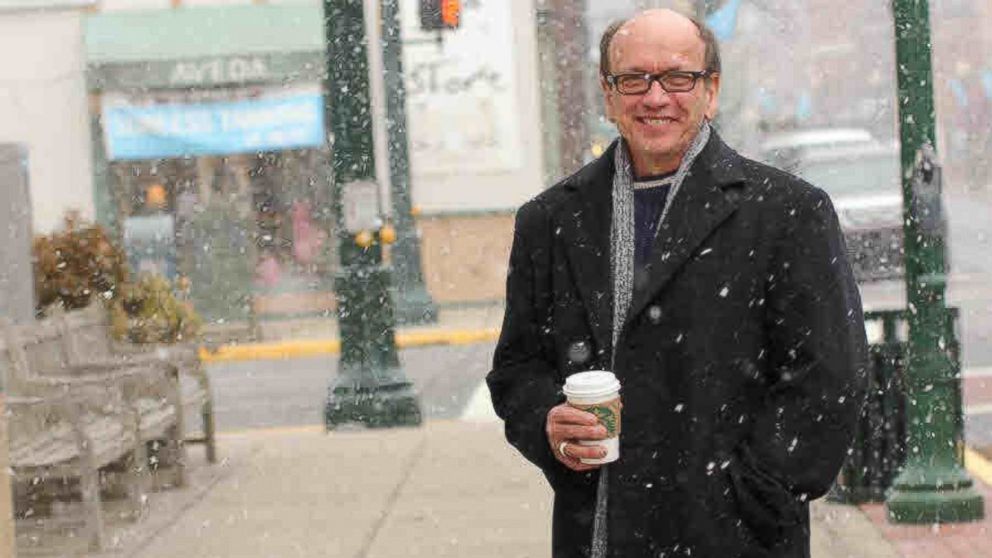Gay Man Says Millennial Term 'Queer' Is Like the 'N' Word
Colorado College embraces new umbrella group LGBTIQA.

Nov. 12, 1013— -- John Kichi, a 66-year-old writer and marketing expert in Sewickley, Pa., recalled how decades ago he was thrown out of an apartment and later lost a prestigious job because he was gay.
So when he began an online application for a job at Colorado College recently, he was shocked by a question that asked applicants to check one of five genders: "not disclosed," "male," "female," "transgender" -- or "queer."
"It would be like if they put down for race: 'white,' 'Latino,' 'black' and then the 'N' word,'" Kichi told ABCNews.com. "Every one of my gay friends is appalled by this. This is something I had never seen before."
Kichi said he had filed a complaint with the Colorado Attorney General's Office and will soon do so with the federal Equal Employment Opportunity Commission.
"I think queer harkens back to a time when being gay was a documented medical abnormality," he said. "Queer is also not a gender, and if you want to list sexual orientation, that's even more egregious. To me, this was an attempt by the university to scare away anyone who wasn't straight."
The progressive college, nestled against the Rocky Mountains in conservative Colorado Springs, said it "absolutely" understands why Kichi might be upset, but times have changed.
Today, young people who don't fall into "binary" roles such as male or female or gay or straight are embracing a new identity -- LGBTIQA, or lesbian, gay, bisexual, transgender, intersex, queer or asexual, said Brett Gray, the LGBTIQA specialist at Colorado College.
And according to an article published earlier this year in The New York Times, even more semantic distinctions come with the "Q," for questioning, or "A" for ally of those who are LGBTIQA.
"It's generational," said Gray. "We understand 'queer' is a charged term, but ever since the 1990s, it has been reclaimed by many," he said.
Many liberal arts colleges have adapted the phrase "queer studies" to define their broader gender studies programs, and have created "queer" resource programs. This fall, the University of Pennsylvania held a Queer Method Conference.
The controversy underscores the ever-changing language of those who say they are not "cisgender" -- a term that applies to those whose gender identity matches their biology.
Kichi's complaints have sparked a conversation at the college and an opportunity to educate the community, said Gray. "We want to get the word out on where we are coming from and what our intentions are."
Colorado College states on its website that it does not "discriminate on the basis of color, national origin, gender, sex, age, religion, gender identity, gender expression, disability or sexual orientation" in its employment practices.
But what confuses Kichi is why a college that says it does not discriminate would even ask potential applicants about their gender or sexual orientation.
But, Gray said, filling out the descriptive boxes is voluntary.
"When someone is applying, we are as welcoming and inclusive as possible," he said. "We are committed to a diverse work force and with the information optionally given, we have a better idea of our application pool."
Jesse Paul, editor of the Colorado College newspaper, said LGBTIQA students are comfortable with the term "queer."
"Most people here generally think it's a positive environment and accept the word broadly as not an offensive term in any way," he said.



